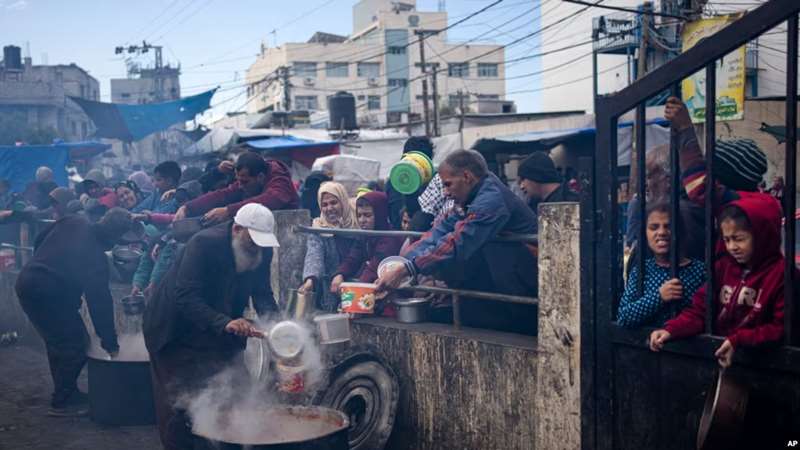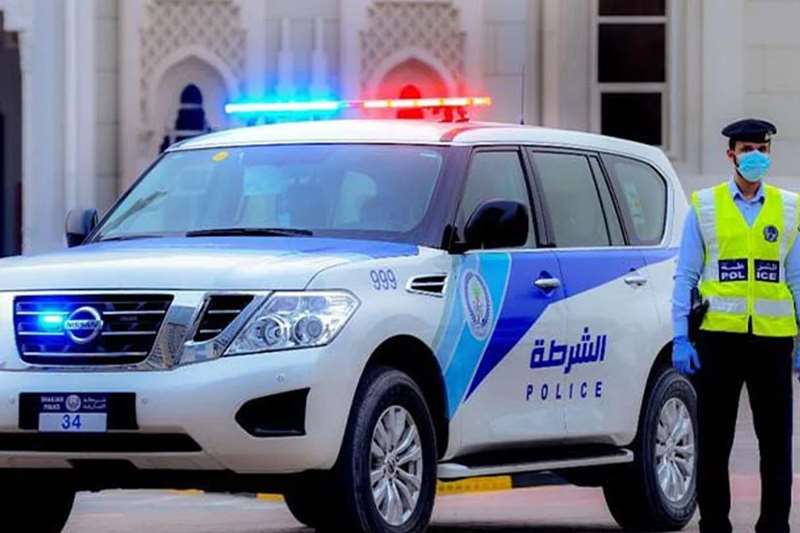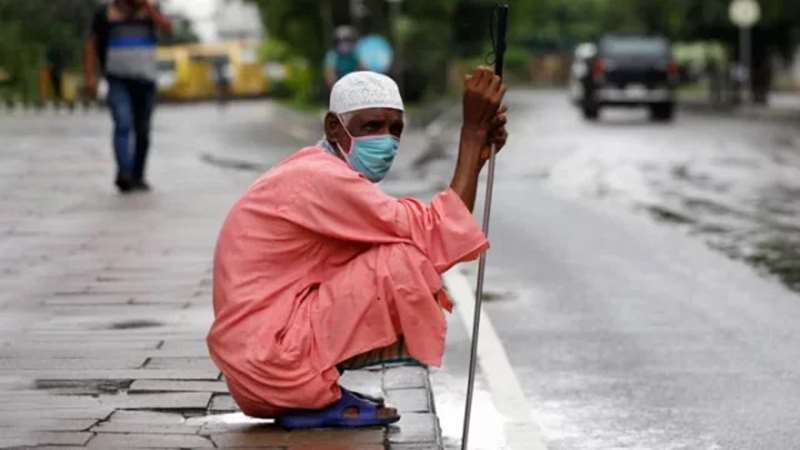Famine and hunger crisis in northern Gaza

Famine and hunger crisis in northern Gaza
After nearly seven months of conflict, the northern Gaza region is facing a dire humanitarian crisis marked by widespread famine and severe hunger. Despite efforts to provide aid, the situation continues to worsen, with devastating consequences for the civilian population. This report aims to provide an overview of the famine and hunger crisis in northern Gaza, including its causes, effects, and current response efforts.
The ongoing conflict in Gaza has exacerbated existing vulnerabilities, particularly in the northern region, which has borne the brunt of Israeli airstrikes and raids. These attacks have destroyed vital infrastructure, including medical facilities, and displaced a significant portion of the population, further exacerbating the humanitarian situation.
According to the Integrated Food Security Phase Classification (IPC), northern Gaza meets the criteria for famine, with severe food shortages affecting approximately 20 percent of households. Additionally, nearly 30 percent of children in the region suffer from acute malnutrition, indicating a severe lack of access to nutritious food.
Despite efforts by aid agencies to provide assistance, access to vulnerable populations remains limited due to ongoing fighting and security concerns. Israeli restrictions on humanitarian supplies have further hindered relief efforts, making it difficult to deliver life-saving aid to those in need.
The consequences of the famine and hunger crisis are profound, with reports of families resorting to eating animal feed and weeds to survive. Many residents have experienced significant weight loss, with limited access to essential nutrients and fresh food items.
Humanitarian groups continue to work tirelessly to deliver aid to northern Gaza, but the situation remains dire. A ceasefire is necessary to facilitate the delivery of life-saving assistance and mitigate the long-term consequences of the crisis, particularly for newborns and pregnant women.
The famine and hunger crisis in northern Gaza represent a dire humanitarian emergency that requires immediate attention and action. Addressing the underlying causes of the crisis, including access restrictions and ongoing conflict, is essential to prevent further suffering and loss of life among the civilian population. International support and cooperation are crucial in providing assistance to those most in need and facilitating a sustainable resolution to the crisis.










পাঠকের মন্তব্য